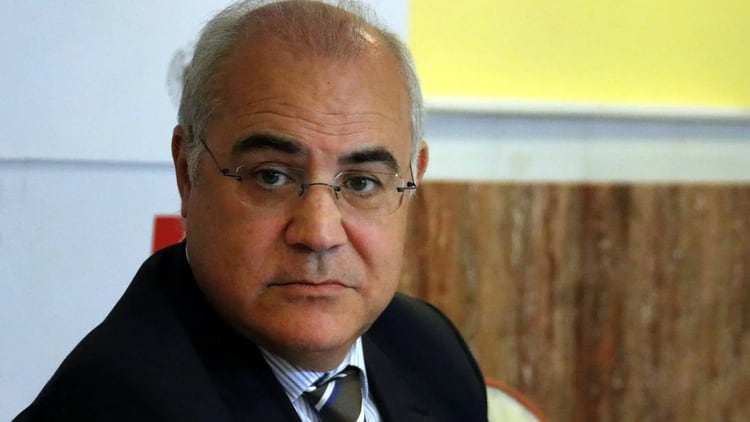Juan David Latorre
On the occasion of Korea’s Foundation Day, the Korean Embassy hosted a reception last week at which Ambassador Bahk Sahnghoon once again emphasised the ideology of the Korean people since its foundation: “To benefit mankind in a broad sense”.
With the well-known cheerful humour of the Korean ambassador, Bahk Sahnghoon began his speech by recalling that “I arrived in this beautiful country in December 2020 and, shortly after, Philomena gave me a very warm welcome”.
“In June 2021,” the ambassador continued, “Korea and Spain became ‘strategic partners’ on the occasion of the state visit to Spain by the then Korean president.” The ambassador recalled the subsequent visit to Madrid of President Yoon Suk Yeol in June last year and the visit of Spanish President Pedro Sánchez to Korea in November of the same year, “meetings that were key to our countries now being closer than ever”.
Bahk Sahnghoon then referred to the state of bilateral trade between the two countries, which “after a brief setback due to the coronavirus crisis, is recovering. A number of new investments in Spain announced by Korean companies will bring the two countries even closer together. Direct flights between Korea and Spain have also resumed, with 10 direct flights a week between Seoul and Madrid, as well as between Seoul and Barcelona”.
The ‘Korean Wave’, so called the interest of Spaniards in Korean culture, was highlighted by the Korean Ambassador, recalling the organisation this year by his Embassy of the Korean Cultural Week “to present various cultural events that were very well received”. He also recalled the concert of K-pop stars held last July at the Civitas Metropolitano stadium, which “provided an unforgettable experience for the 40,000 fans who attended”.
Bahk Sahnghoon also commented on the affection of Koreans for Spain with the growth of Koreans learning Spanish “not only in high schools and universities, but also in private institutions, and many get up early to watch live La Liga football matches on Korean television”. He also recalled the flamenco performances produced by the Teatro Real that took place in the 4 main Korean cities, “providing a good opportunity for many Koreans to enjoy the charms of Spanish culture”. “The Instituto Cervantes will officially open its doors in Seoul early next year, and the Turespaña Office in Seoul will start its activities. This mutual interest and affection are undoubtedly the driving forces of the rapprochement between the peoples of both countries.”
To conclude, the Korean ambassador referred to the “great effort” his country is making “to host the 2030 World Expo in Busan, the second largest city in the country. By organising this expo, Korea hopes to put into practice its founding ideology of ‘benefiting humanity comprehensively’, guiding it towards a better future”.
The Secretary General for Innovation, under the Ministry of Science and Innovation, Teresa Riesgo, then took the floor and said: “We have more ties with Korea than we could ever imagine, both in the humanistic and in the technological and commercial spheres, which are certainly not at odds with each other. For our Ministry, Korea is obviously an example to follow, a world champion in science, innovation and technological development. Korea is an example that always comes up when we try to look for success stories or what we call ‘best practices’ in the field of innovation.”
“For more than 25 years,” said Teresa Riesgo, “the Centre for Technological Development and Innovation (CDTI) has had a delegate in Seoul who helps innovative Spanish companies to establish collaborations in the technological field with Korean partners.” As a result of this collaboration, he commented, has been the launch, for the first time, of a call for grants “for large-scale technological research projects and impact, specifically in the areas of electric and connected vehicles, and advanced manufacturing”, which will be launched in 2024 “with renewable energy, hydrogen technologies and batteries as protagonists, given the interest shown by the two countries”.
“Small-medium scale calls for proposals are being published under the Eureka initiative, which has produced such good results, as well as bilateral programmes in energy and information and communication technologies. As a result of this collaboration, he said, “the history of research and development collaboration between Spain and South Korea has resulted in 113 joint projects approved to date”.
The reception was attended by the ambassadors of Brazil, the Philippines, Tunisia, the Arab League, Qatar, Japan, Vietnam, Nicaragua, Argentina, Iran and India, among others.














